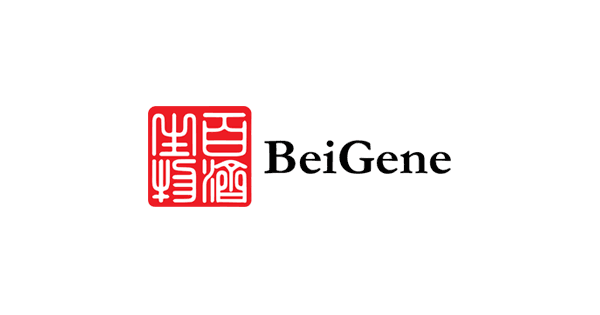BASEL, Switzerland & CAMBRIDGE, Mass. & BEIJING– BeiGene (NASDAQ: BGNE; HKEX: 06160; SSE: 688235), a global, science-driven biotechnology company focused on developing innovative and affordable medicines, today announced that BeiGene’s BTK inhibitor BRUKINSA (zanubrutinib) received approval from Swissmedic for the treatment of adult patients with Waldenström’s macroglobulinemia (WM) who have received at least one prior line of therapy, or for treatment-naïve patients who are not suited for standard chemo-immunotherapy. BRUKINSA had previously been granted orphan drug status.
“The authorization of BRUKINSA will bring a new option and an innovative medicine that has potential to offer deep and durable response for eligible patients with WM in Switzerland,” said Pr. Davide Rossi, Deputy Head of the Division of Hematology of the Oncology Institute of Southern Switzerland IOSI. “BRUKINSA is a next-generation BTK inhibitor which has also provided meaningful improvements in tolerability for some patients with WM compared to ibrutinib, as treatment discontinuation remains a concern.”
Reto Kessler, Country Manager, Switzerland at BeiGene added, “This approval is a significant development for people living with WM in Switzerland and for BeiGene’s expansion in Europe. Our teams are committed to collaborating with the Federal Office of Public Health and healthcare professionals to ensure access to BRUKINSA for patients in Switzerland.”
The Marketing Authorization Application (MAA) is supported by data from the global Phase 3 ASPEN clinical trial, a Phase 3 randomized, open-label, multicenter trial (NCT03053440) that evaluated BRUKINSA compared to ibrutinib in patients with relapsed/refractory (R/R) or treatment-naïve (TN) WM who harbor a MYD88 mutation (MYD88MUT). In the ASPEN trial, BRUKINSA demonstrated a numerically higher very good partial response (VGPR) rate and a favorable safety profile over ibrutinib, although the primary endpoint of statistical superiority related to deep response (VGPR or better) was not met. As assessed by independent review committee (IRC) per adaptation of the response criteria updated at the Sixth International Workshop on Waldenström’s Macroglobulinemia (IWWM), the combined complete response (CR) + VGPR rate in the overall intention-to-treat (ITT) population was 29% with BRUKINSA (95% CI: 20, 40), compared to 19% with ibrutinib (95% CI: 12, 30).
In the ASPEN trial, of the 101 patients with WM randomized and treated with BRUKINSA, four percent of patients discontinued due to adverse events, including cardiomegaly, neutropenia, plasma cell myeloma, and subdural hemorrhage. Adverse events leading to dose reduction occurred in 14% of patients, with the most common being neutropenia (3%) and diarrhea (2%).
The recommended dose of BRUKINSA is either 160 mg twice daily or 320 mg once daily, taken orally with or without food. The dose may be adjusted for adverse reactions and reduced for patients with severe hepatic impairment and certain drug interactions.


